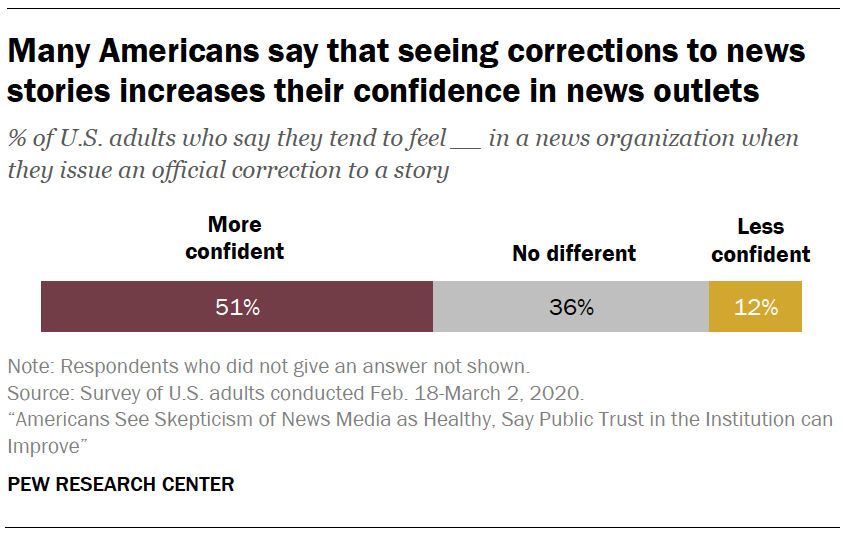André Norrils
an513020@ohio.edu
Journalists have to consider a lot when reporting on a story. From checking information from sources to not getting too disconnected from a story, it can be challenging to do it right when there's a deadline. Moreover, as the journalism profession expands, journalists have more on their plate. Then comes social media, a place where anyone can put out information. Journalists are not only trying to be the first to report on a story but also how to report a real story?
Journalists rushing out a story with information that isn't wholly accurate happens in many journalism sectors. That includes the news organization many people consider the leader in print journalism–The New York Times. While The Times covered 9/11, it made some big mistakes. First, the journalists working on the story said the shooter was Ryan Lanza. But, it was Adam Lanza–the brother of Ryan Lanza. Then, the next day, The Times said Mr. Lanza was let into the elementary school by the principal. This information turned out to be false.
In Crime coverage now requires constantly 'feeding the beast,' David J. Krajicek and Debora Wenger focus on how journalists report on crime. In many organizations, journalists post information on blogs and social media without an editor checking the information first. Because of this, "typos, factual errors and single-source stories are proliferating." Later, they write about how journalists compete with everyone with a phone at the crime scene.
 |
| Source: pewresearch.org |
Mistakes happen in every profession. Just because a journalist makes a mistake doesn't mean the journalist or the news organization has lost the total confidence of the public. Pew Research Center shows that just over 50% of Americans say seeing a correction in stories increases their confidence in news outlets. But when most Americans see no difference or have less confidence in news outlets when corrections are made, simply correcting information is not the answer.
There is no question most people get some information from people on social media who aren't journalists. These people make mistakes, and if journalists are consistently making mistakes, who can the public go to for accurate information? That brings me back to one of my first points: many journalists want to be the first to report on a story, but who will be the first to report on a real story? Where can the public go for accurate information? It should be any credible news organization. All journalists should work to report accurate information not only to gain and maintain the public's trust but also because a bit of mistake by journalists can negatively affect someone's life.
No comments:
Post a Comment